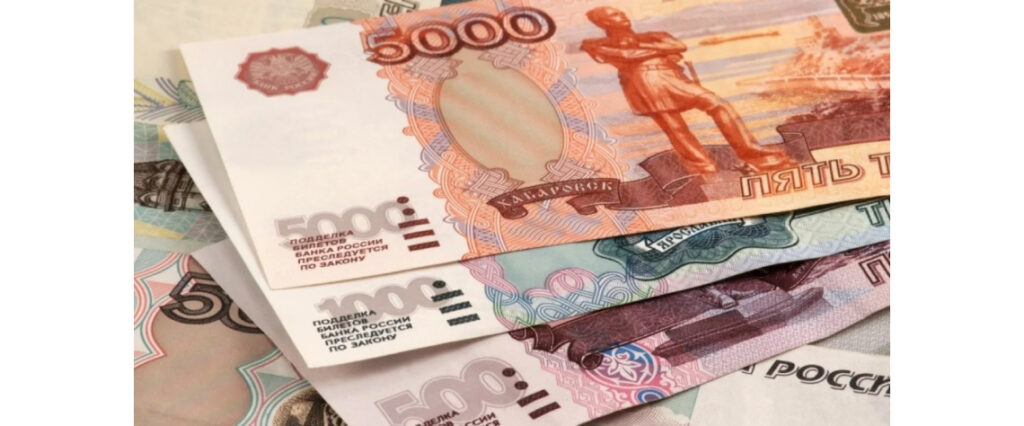
The Central Bank does not have considerable reserves in Ruble (Russian currency), to acquire oil, wheat, fertilizers, among other Russian products, at an affordable price and consequently mitigate the cost of living in Mozambique, said João Mosca, economist, academic and manager. Mosca made these statements in an interview with “Carta”, following the opening, last week, of Russia (through its Ambassador in Mozambique) to sell those products using the local currency. “The Bank of Mozambique does not have large reserves in rubles, with which it can purchase Russian products. The world’s central banks tend to set up reserves in currencies with greater circulation. However, the ruble does not have much expression outside Russia,” said Mosca. . This statement shows that, although the opening of Russia is welcome, the scarcity of the ruble in the international market can be a major obstacle for Mozambique to acquire products essential to the economy and cheap from that country, in the very short term. However, in another development, our interviewee said that the Bank of Mozambique can buy the ruble where it exists, but it could be at a relatively high price. Mosca explained that the rise in the ruble may be due to the fact that the currency is of lesser circulation, at a time when there is greater demand for money by Russia’s (Europe’s) main trading partners, after this country determines which foreign trade transactions are also made in local currency, in retaliation for sanctions imposed by the European Union and the United States of America. In another aspect, the economist said that the ruble can be expensive due to the greater demand for Russian products because they are more accessible. According to Mosca, to buy the ruble, the Bank of Mozambique will need to use other international currencies. “Still, this fact will not have a negative impact on total reserves, as the Bank of Mozambique always has enough foreign exchange to cover more than five months of imports of essential goods,” the source noted. In fact, data from the report on the Economic Environment and Inflation Prospects, published last July, by the Bank of Mozambique, indicate that the country continues to have comfortable levels of net international reserves and, until the second half of July, they were fixed at USD 3 billion, equivalent to about five months of imports of goods and services, excluding those from major projects. (Evaristo Chilingue) Source: Carta de Moçambique
Tradução automática do artigo:Aceder ao artigo original
